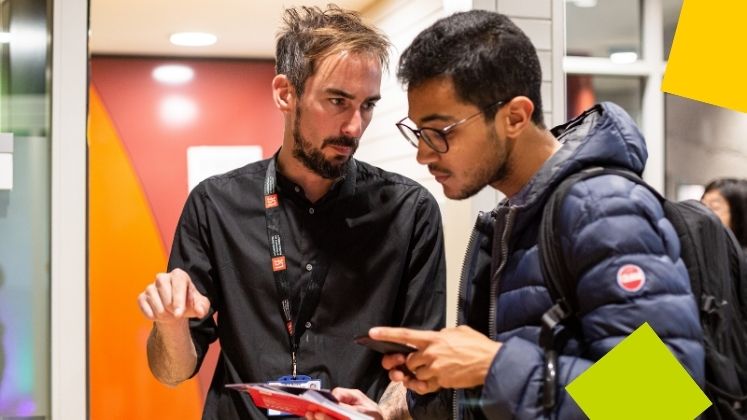What do LSE graduates do?
Find out what our graduates have gone on to do six months and three years after they graduate on LSE Careers. You can search by degree and department and see information on salaries, industries and more.
Career information by country
LSE has a diverse student body and our graduates work across the globe. According to the most recent graduate destination data, over half of all recent graduates work in the UK, while the rest are spread out across the globe.
Understanding the jobs market and recruitment methods used in the country you want to work in is important for a successful job search. Have a look at LSE Careers' country profiles for more information about opportunities and employers in your home country or another country.
Support for your career

Whether you have a clear idea of what you want to do after your studies or haven’t started thinking about it yet, LSE Careers can help.
We cater our services to match the LSE student makeup including undergraduates and graduates, UK and international students, and people with previous job experience or looking to change careers. Regardless of where you want to work, we can support you. We also have bespoke services for students with disabilities and PhD students, including dedicated careers consultants.
Our services, events, and resources cover finding part-time work; career planning and deciding on a career; enhancing employability skills; gaining work experience; volunteering; starting a business; researching employers, sectors and roles; strengthening CVs, cover letters, and applications; improving interview and assessment centre technique and more.
Once registered on campus you can book careers events, including fairs and seminars, and one-to-one appointments to discuss career options and review your applications.